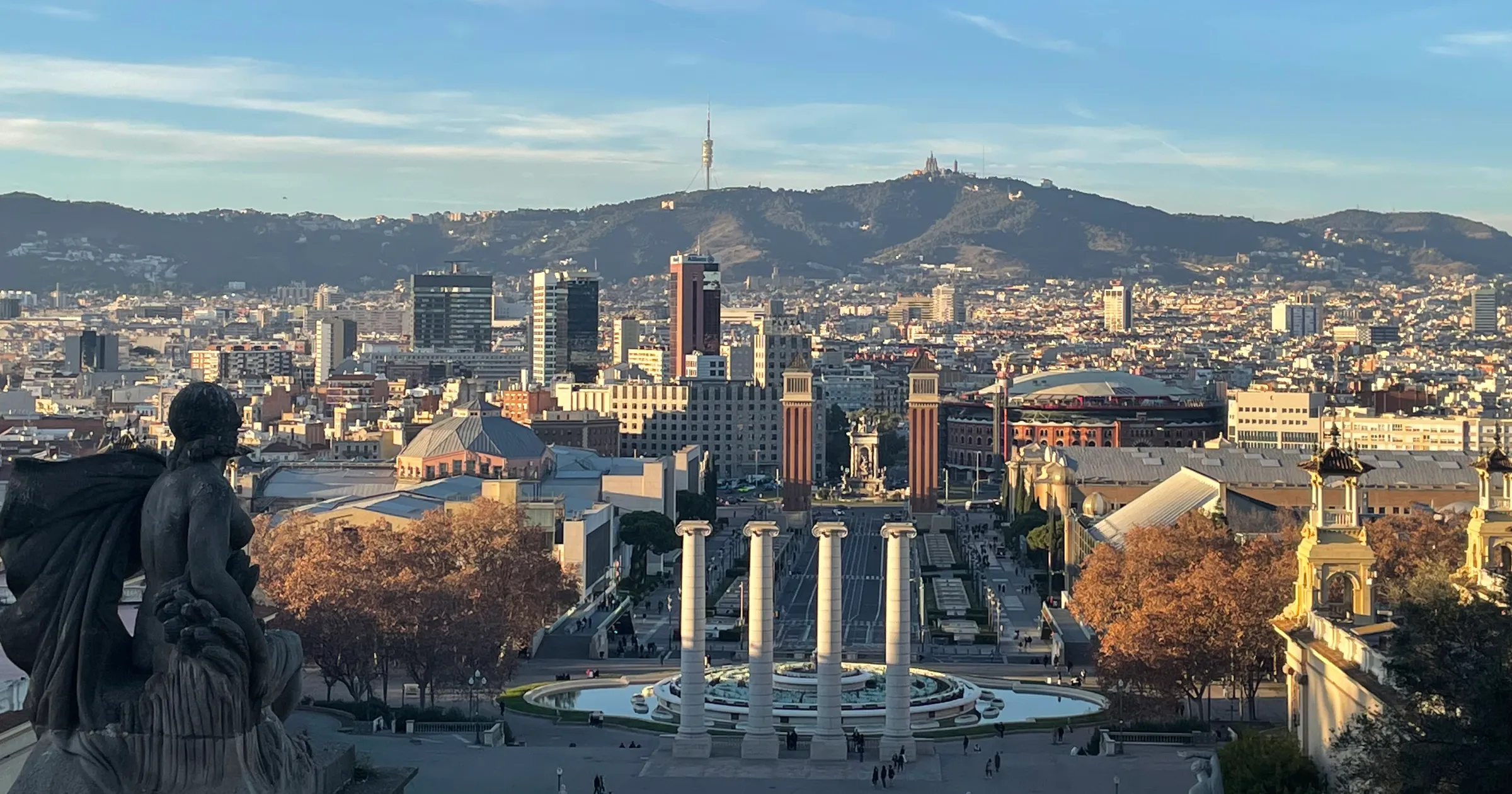Expert Tips for Senior Travel
Traveling as a senior can be incredibly rewarding, offering new experiences and cherished memories. Our expert tips will help you navigate the unique challenges and opportunities of senior travel. From thorough planning and packing wisely to staying connected and ensuring your health and safety, we’ve got you covered. This guide is designed to make your journeys more comfortable, enjoyable, and stress-free. Let’s embark on an adventure with confidence and ease!
Table of Contents
This site contains affiliate links, which we may earn a commission from at no additional cost to you.
The resources we share are ones we have personally used and believe in.
Do Your Homework: Plan Ahead
Booking accommodations early can significantly enhance your travel experience, especially when visiting popular destinations in or off-season. Whether you are a senior or a family, securing lodgings in advance ensures access to essential amenities and proximity to attractions, making trips smoother and more enjoyable. Solo travelers benefit from early bookings by snagging budget-friendly options in safe, well-located hostels or boutique hotels without paying double occupancy rates. What’s important is to find lodgings close to your activities or desired areas, ensuring a convenient and enjoyable stay.

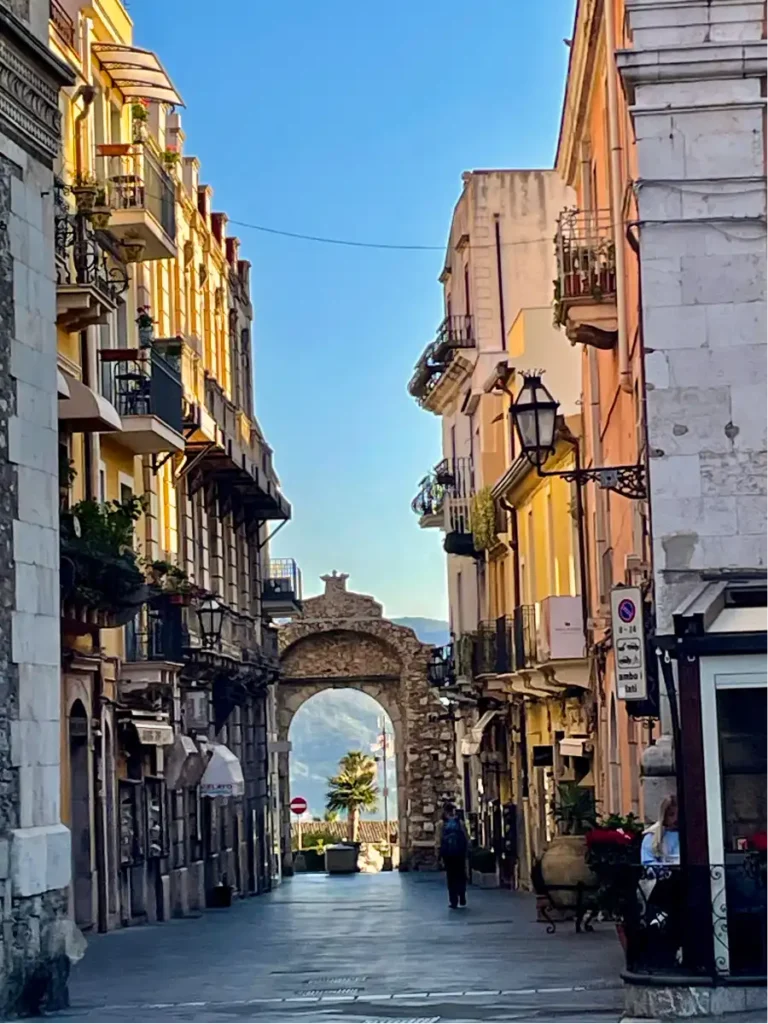
To make the most of your early bookings, consider travel hacks like setting up price alerts on sites such as Kayak and Google Flights to monitor hotel rates and booking with free cancellation options for flexibility. Joining hotel loyalty programs and using travel credit cards to earn points or miles can lead to exclusive deals and future rewards. Additionally, exploring platforms like Airbnb, Booking, and VRBO can offer more space and reasonable rates, especially for more extended stays or larger groups.


Also, working with a local real estate agent or property manager well before your planned trip can help you develop a relationship that may help you find and secure longer stays at more budget-friendly prices. Taking the intermediary or OTA out of the equation can significantly cut your costs. Still, the time, effort, and burden can be more significant when booking this way, so you need to decide what is best for you.
Know Where You Are Going: Research Public Transport
Familiarize yourself with local transportation options, schedules, and costs. Apps like Google Maps, CityMapper, Apple Maps, and Waze are invaluable for planning routes and understanding transit systems. Most public transportation systems have their own apps available too.
Public transportation can save you a fortune and provide a more immersive experience. Selecting a bicycle as your local mode of transportation on these apps can help you locate public bike rentals and docking stations, similar to the BiXi system in Montreal and many other cities globally.
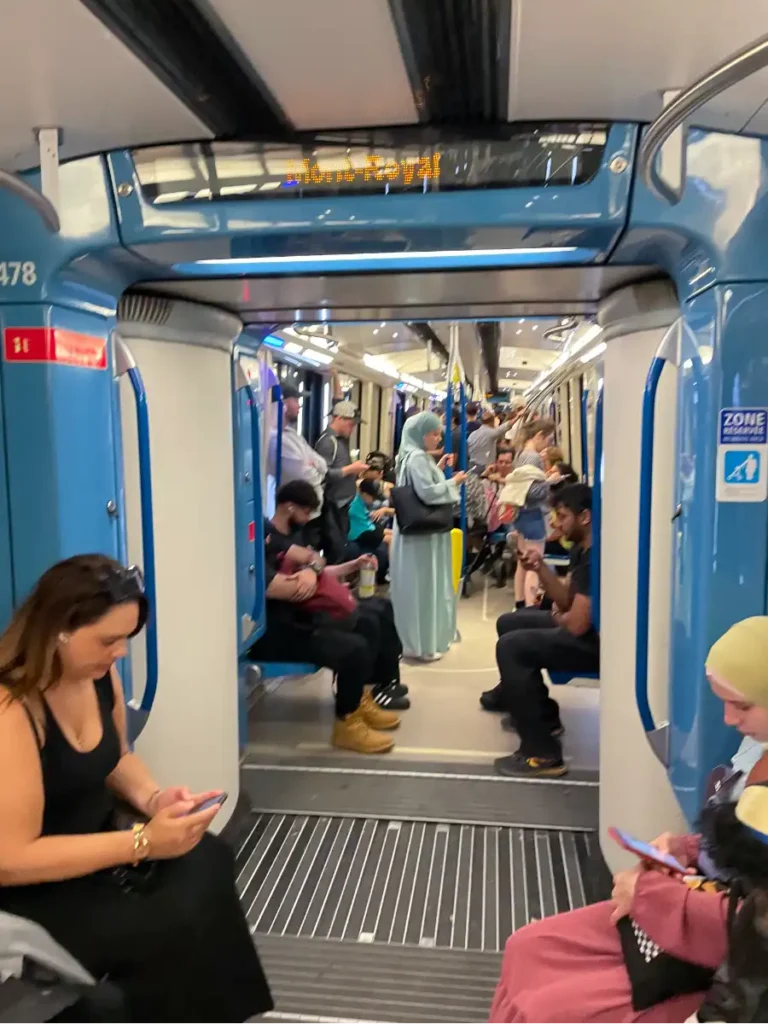

Travel Light: Pack Wisely and Securely
Packing light is critical to a smooth and enjoyable travel experience, especially when navigating crowded trains like the Circumvesuviana between Naples and Sorrento. Here are some specific packing ideas and tools to help minimize your luggage while keeping your belongings secure and safe:
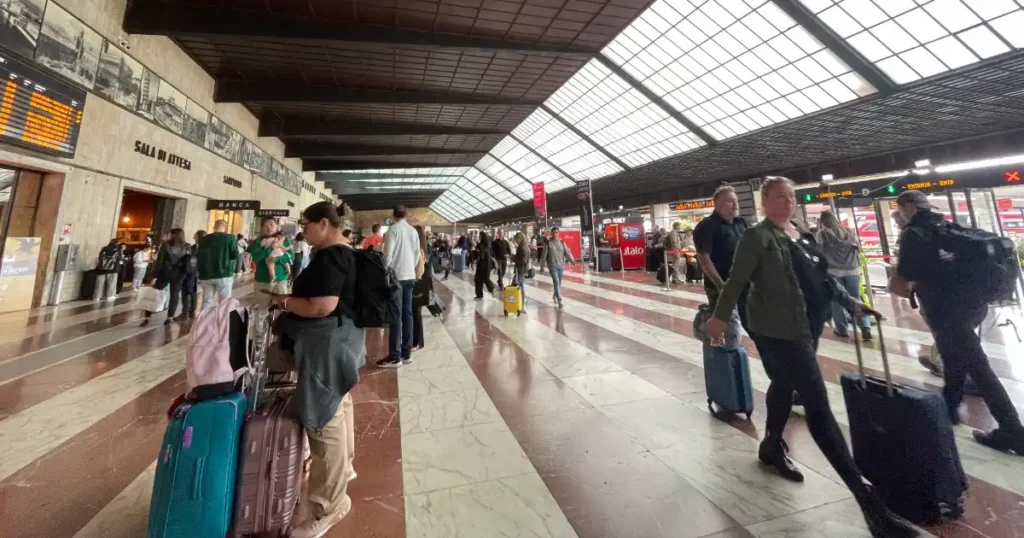
Pack Versatile Clothing:
- Layering: Opt for lightweight, versatile clothing that can be layered. This allows you to adjust to varying weather conditions without carrying bulky items.
- Mix-and-Match: Choose pieces that can be easily mixed and matched to create multiple outfits. Neutral colors and simple designs work best.
- Packable Jackets: Lightweight, packable jackets are great for layering and can be easily stored when not needed.
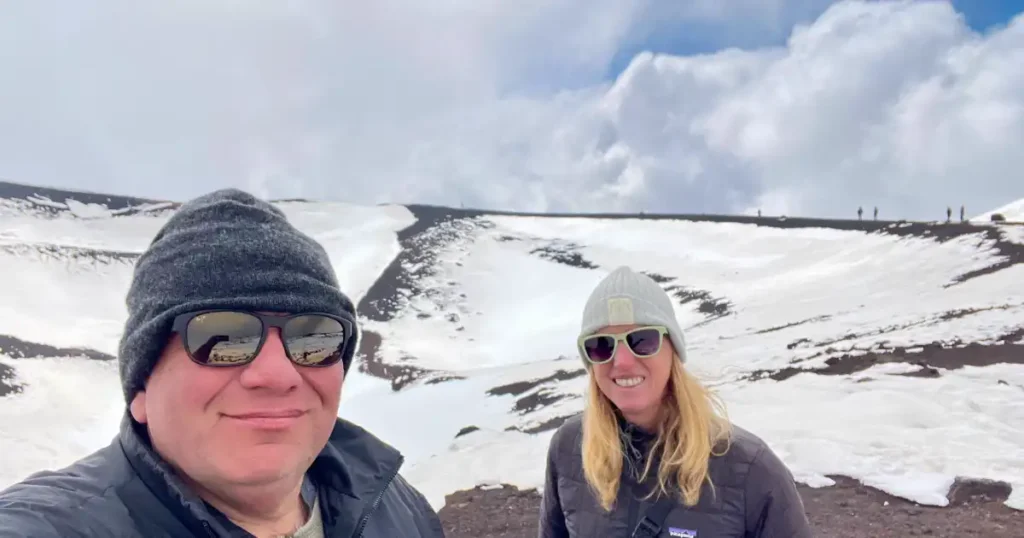
Use Packing Cubes:
- Organization: Packing cubes help keep your items organized and compressed. Labeling them makes it easier to find what you need without unpacking your entire bag.
- Space-Saving: Good folding techniques and packing cubes are great ways to maximize space in your suitcase or backpack. Use the straps inside your suitcase to compartmentalize further and create a small space for last-minute items.
Rolling Suitcase or Sturdy Backpack:
- Rolling Suitcase: A rolling suitcase is ideal for smooth surfaces and saves you from heavy loads. Look for one with durable wheels and a sturdy handle.
- Backpack: A sturdy backpack with padded straps and multiple compartments offers more flexibility, especially on uneven terrain or stairs.
Travel Safes and Anti-Pickpocketing Tools:
- Anti-Theft Backpacks: Invest in an anti-theft backpack with features like lockable zippers, cut-proof materials, and hidden pockets. Brands like Pacsafe and Travelon offer excellent options.
- Money Belts and Hidden Pouches: Wear a money belt or hidden pouch under your clothes to keep cash, cards, and important documents secure.
- Portable Travel Safes: A portable travel safe can be attached to stationary objects in your hotel room or other accommodations, providing valuables with an extra layer of security.
Essential Packing Tools:
- Luggage Scale: Use a luggage scale to ensure your bag meets weight restrictions and avoid surprise fees.
- Travel-Sized Toiletries: Opt for travel-sized toiletries or solid alternatives like bar shampoo and conditioner to save space and comply with carry-on liquid restrictions.
- Universal Adapter: A universal travel adapter ensures you can charge your devices anywhere. A small power strip can also be very usef
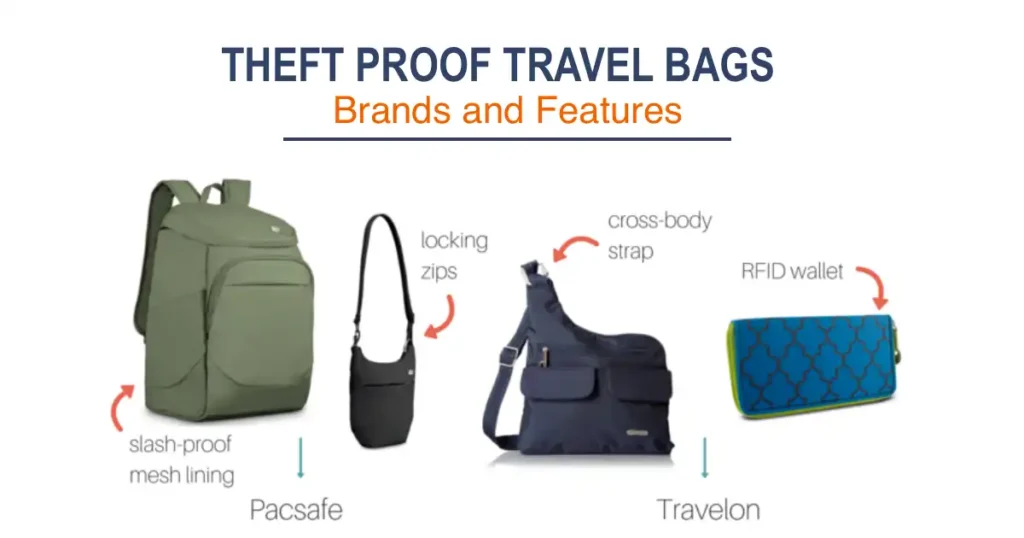
By packing light and smart, you can quickly move around when needed, avoid unnecessary strain, and keep your belongings safe. These tips and tools will help you streamline your packing process and enhance your travel experience.
Stay Connected: Will my Phone and Wifi work?
Purchase a local SIM or eSIM card for your phone to ensure you have access to maps, translation apps, and emergency contacts. Using a service like Airlo for eSIM allows you to activate the eSIM as soon as you land in a new country, saving you from having to search for, purchase, and install a physical SIM card upon arrival.
Wi-Fi Access
Many cafes and public places offer free Wi-Fi, but be vigilant and use a VPN like ExpressVPN to protect your private information. Consider renting or purchasing a portable modem if you need consistent internet access, as many SIM and eSIM plans don’t always include hotspot access from your cellphone.
Health & Safety: Know What's Covered
Travel insurance is essential. Ensure comprehensive travel insurance covers health issues, trip cancellations, and lost belongings. Consider global health insurance, especially for extended periods abroad, for peace of mind and financial protection. Providers like Genki, Global Blue, Cigna Global, Allianz Care, Safety Wing and IMG Global offer comprehensive plans that cater to different needs. By securing global health insurance, you ensure protection against unforeseen medical emergencies, allowing you to focus on enjoying your travel adventures.
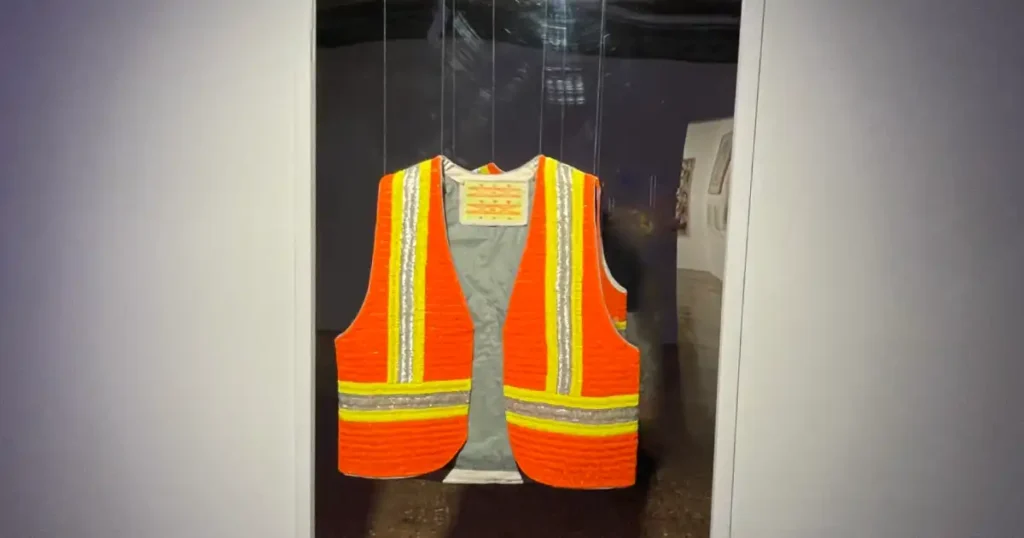
When it comes to senior nomads, specific sites pose unique risks that need careful consideration:
Natural Hazards: Due to age-related health concerns, seniors may be more vulnerable to extreme weather conditions, high altitudes, and hazardous terrain. Conditions like extreme heat or cold, steep terrain, or thin air at high altitudes can exacerbate health issues or pose new challenges for older travelers.

Wildlife Risks: Close encounters with dangerous animals can be especially perilous for seniors, who may have reduced mobility or slower reaction times. Whether it’s encountering venomous snakes, aggressive predators, or disease-carrying insects, older travelers need to be cautious when exploring areas known for wildlife encounters.
Human Factors: Seniors traveling as nomads must know about high crime rates, terrorism, and political instability in specific destinations. They may be more vulnerable to theft, scams, or violent incidents, making it essential to research destinations thoroughly and take appropriate safety precautions.
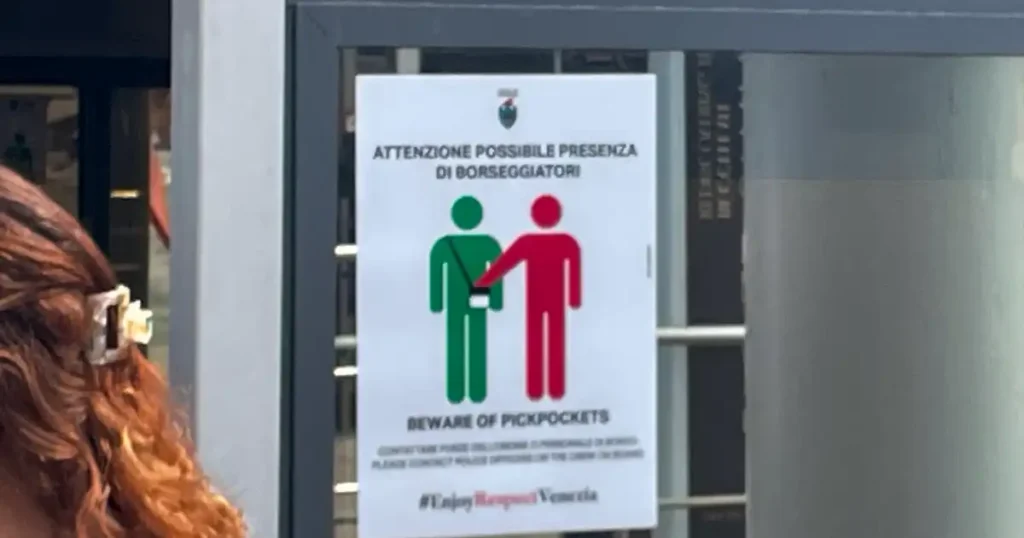
Man-made Hazards: Dangerous infrastructure, such as poorly maintained roads, unstable buildings, or inadequate healthcare facilities, can pose significant risks to senior nomads. Older travelers may face challenges navigating uneven terrain or accessing medical care in remote areas, highlighting the importance of choosing destinations with reliable infrastructure and healthcare services.

Stay Hydrated and Rested
Summer is hot everywhere. Carry a water bottle, wear a hat, and take regular breaks to rest your feet and avoid exhaustion.
Local Etiquette
Learn basic phrases in the local language to respect local culture and enhance your interactions. Be aware of siesta times in countries like Spain and Italy, where many shops and restaurants close for a few hours in the afternoon.
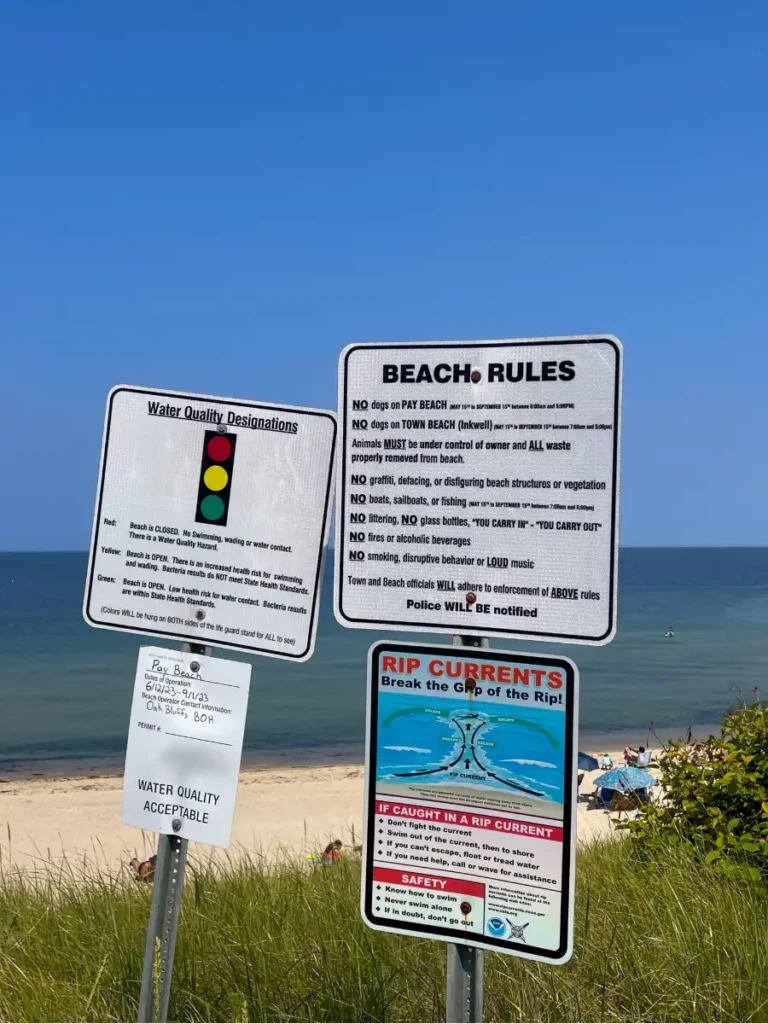
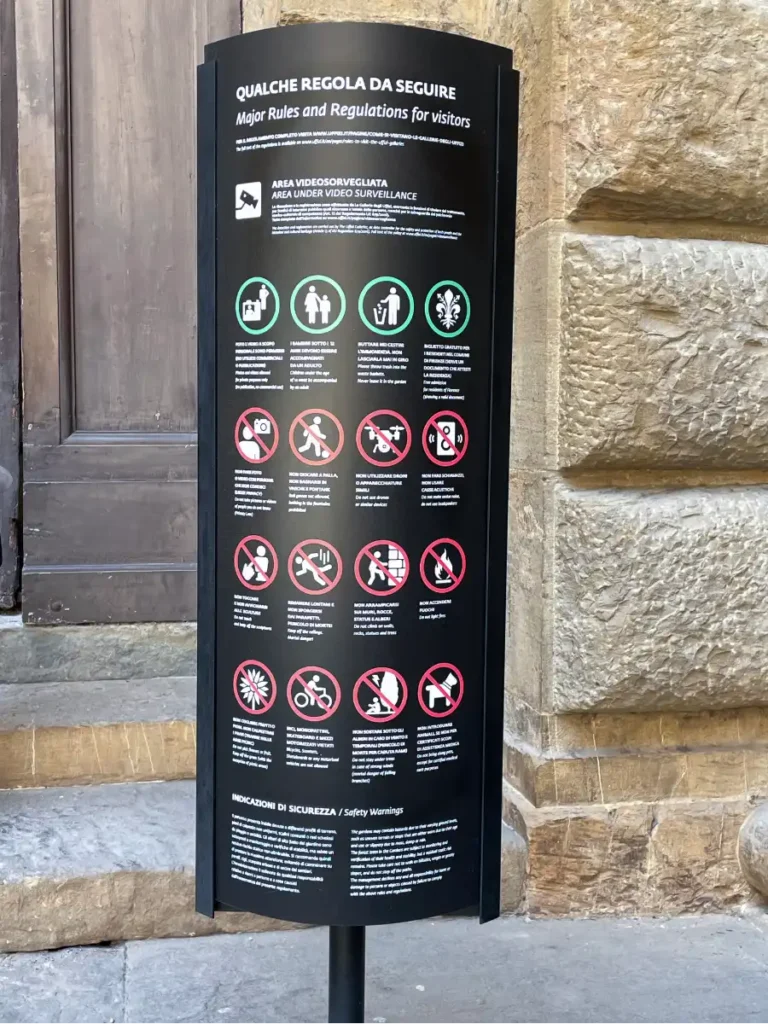
Money Matters
Carry cash in small denominations, as many businesses and markets often prefer. Inform your bank and credit card companies of your travel plans to avoid issues with using your cards abroad. Check which of your credit cards have foreign transaction fees to avoid unnecessary costs.

Eat Local Cuisine
Don’t be afraid to try regional dishes and visit local fresh food markets. Markets offer fresh produce, seafood, meats, snacks, and an opportunity to experience local life and culture. They’re also our favorite budget-friendly option for meals.
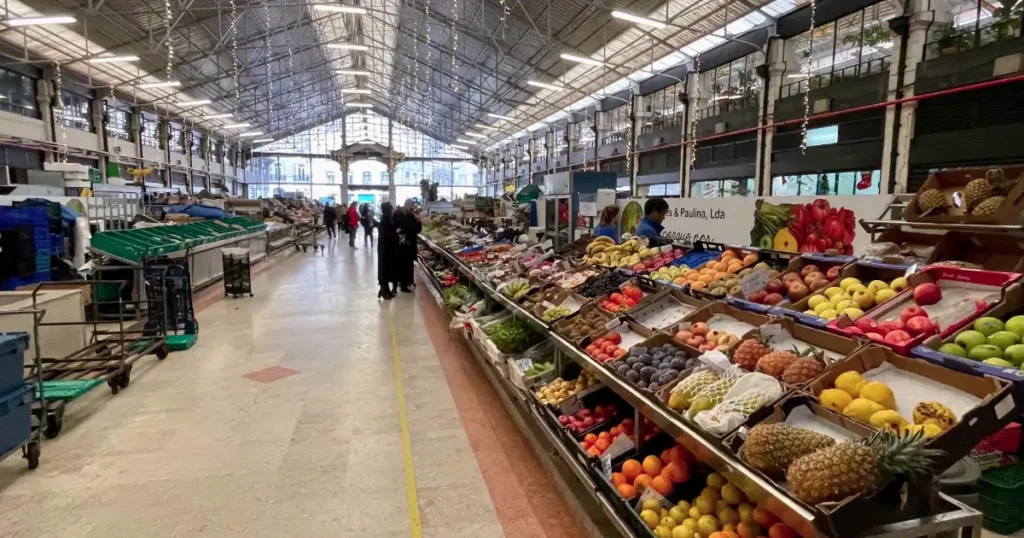
Embark on Your Journey with Confidence and Ease
Traveling as a senior or nomadic traveler can be an enriching and fulfilling experience with the proper preparation and mindset. Planning, researching public transport, packing wisely, staying connected, ensuring health and safety, respecting local customs, managing money smartly, and embracing local cuisine can make your travels smooth and enjoyable. For senior nomads, prioritizing safety and carefully assessing potential risks is paramount to enjoying a fulfilling and enriching travel experience. By staying informed, planning meticulously, and adapting to their unique needs, older travelers can explore the world with confidence and peace of mind. These intelligent travel tips will help you navigate your adventures with confidence and ease, ensuring you make the most of every journey. Happy travels!



